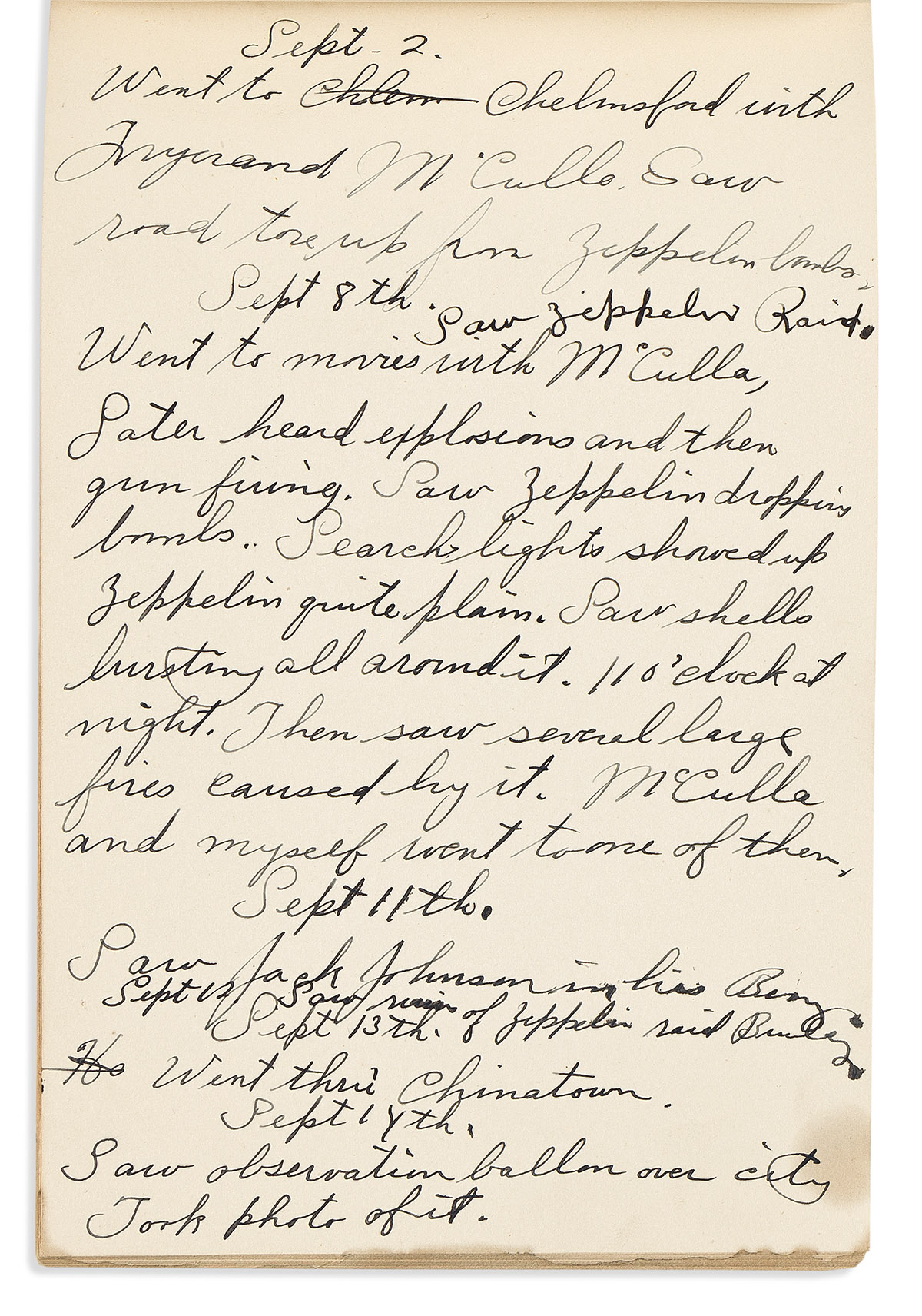Sale 2675 - Lot 313
Price Realized: $ 625
?Final Price Realized includes Buyer’s Premium added to Hammer Price
Estimate: $ 600 - $ 900


Aliquam vulputate ornare congue. Vestibulum maximus, libero in placerat faucibus, risus nisl molestie massa, ut maximus metus lectus vel lorem.